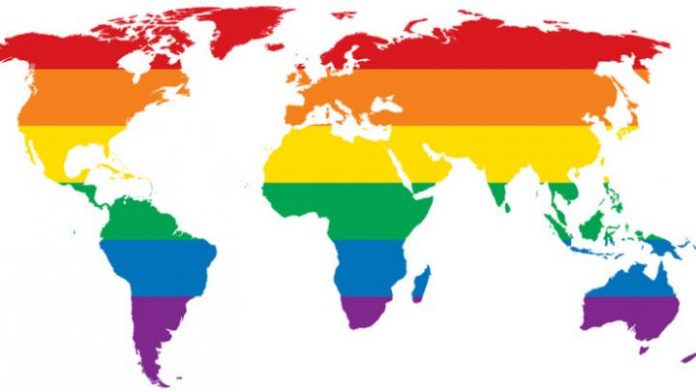The LGBT travel market has experienced a general upturn. But medical tourism ignores gays and lesbians.
With the leading International Gay & Lesbian Travel Association (IGLTA) and following its first report in 2012, the World Tourism Organization (UNWTO) has published a second report on the role of the increasingly important LGBT travel market.
According to the report, in recent years the LGBT travel market has experienced a general upturn. But in 70 countries around the world, including many leading medical tourism ones, the legal situation of gays and lesbians remains very precarious, and a lot still needs to be done in terms of education.
According to tour operator Virgin Holidays, two-thirds of the LGBT community are worried about their safety and discrimination when travelling. That is why the company urges its business partners to adopt an open-minded and egalitarian approach in dealing with LGBT travellers.
LGBT travellers want to receive a genuine welcome like any other guests. They want to make sure they are accepted, can be themselves and feel secure. The report says that regardless of sexual orientation many travellers pay a lot of attention to the sustainability efforts of companies, towns and regions when choosing their holidays.
According to a Deloitte survey of 8000 millennials in 29 countries, 87% valued companies with a socially responsible attitude. The report underlines the importance of social media, which is heavily subscribed to by LGBT travellers and is a quick means of communicating any discriminatory behaviour in regions and cities. Positive news can also be rapidly disseminated and remains in the collective memory.
According to the report, those companies that have already embraced diversity, but also operate in countries where the rights of minorities are not adequate yet, now face a challenge. This concerns large hotel chains. Those companies must stand up for their principles on the home market while also providing staff with corresponding training in other countries. Companies including IBM, MasterCard and Google have joined an initiative called Open for Business in order to provide regions and countries with concrete advice on how to open up and in the medium term create a more tolerant society.
Whereas a few years ago places such as Mykonos and San Francisco were the destinations of choice for gays and lesbians, now it is no longer easy to define LGBT travel preferences. The market is quite diverse: young homosexuals are increasingly discarding the “gay“ label and no longer identify closely with it. In terms of their travel demands, bisexual travellers are practically the same as heterosexuals and barely register as a separate category, making it difficult to target the LGBT market as a whole.
Apps have also had a significant impact on the community. They enable travellers to network in areas where there are few LGBT members. Apps and websites make it possible to make contact before travelling. Here again, the market is diverse: gays are more inclined to use apps than lesbians or heterosexual travellers.
Within the LGBT community there is debate over the destinations to travel to. Some make a conscious decision to only support countries with LGBT rights, while others are open to visiting those where rights have not yet been established.
Emerging source markets such as India, Indonesia and China feature prominently in the report. These are countries where there are potentially huge numbers of LGBT travellers. In particular young people and city-dwellers represent an interesting prospect for the industry. It is also much easier for LGBT members to be accepted among their peers than older people. Gays and lesbians in China do not wish to travel any differently to heterosexuals, and compared to travellers from Europe and North America they are very selective in their choice of destination. The high potential of this market is often dampened by low travel budgets and in certain places the difficulties encountered in obtaining visas.
The report encourages established LGBT destinations to keep targeting specific audiences and also appeal to as yet hesitant destinations to open their doors, not just because of the lure of high profits. Worldwide, acceptance of LGBT rights is still fragile, even in the USA, and there is a constant battle to uphold them. The report also quotes positive examples of how countries and regions have very successfully exploited this niche market for tourism, including New York City, Barcelona, Vienna and Argentina.
So far, the medical tourism market has ignored the LGBT travel sector, but in doing so is it ignoring a large potential market?








 ©2024 All rights reserved LaingBuisson
©2024 All rights reserved LaingBuisson 


